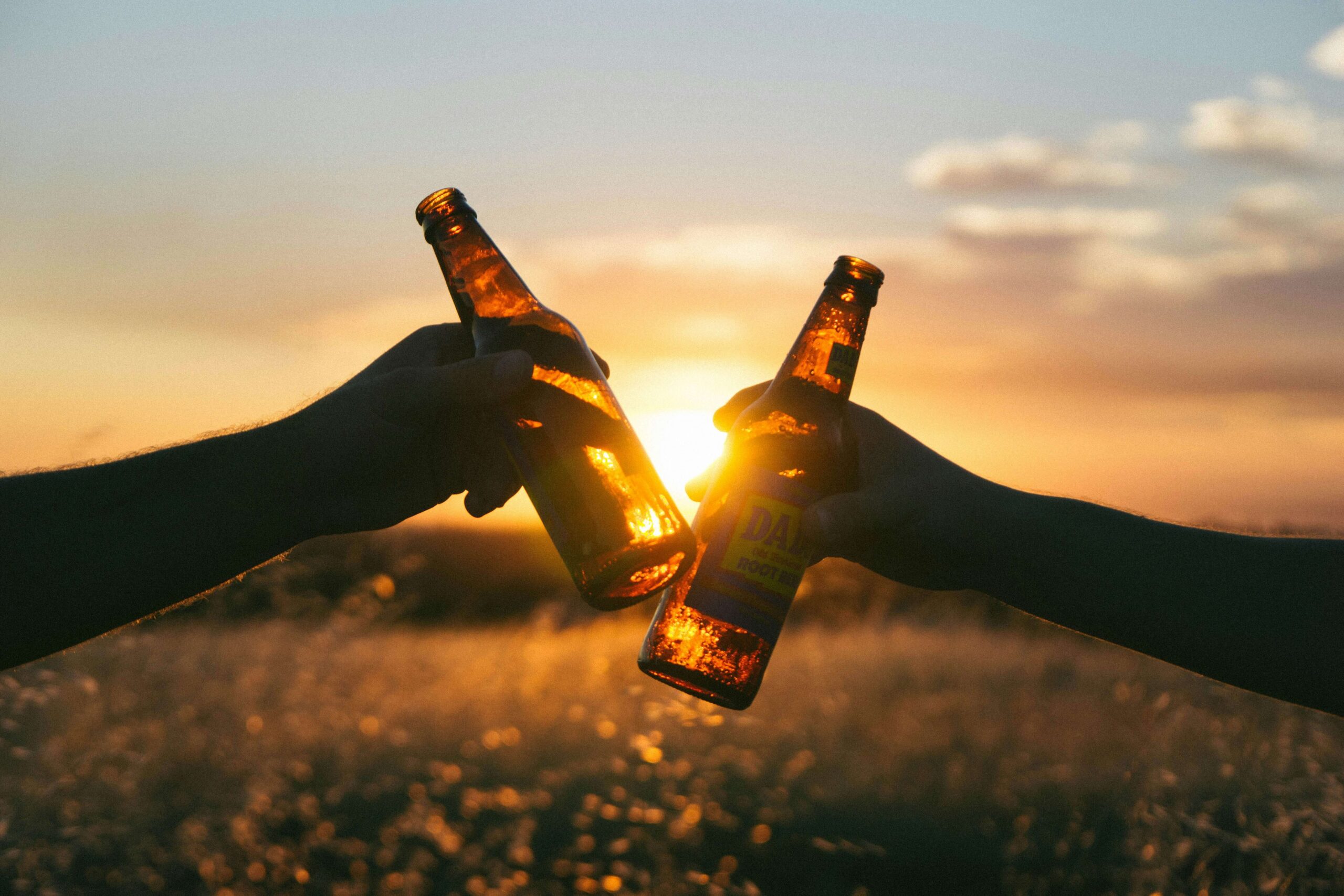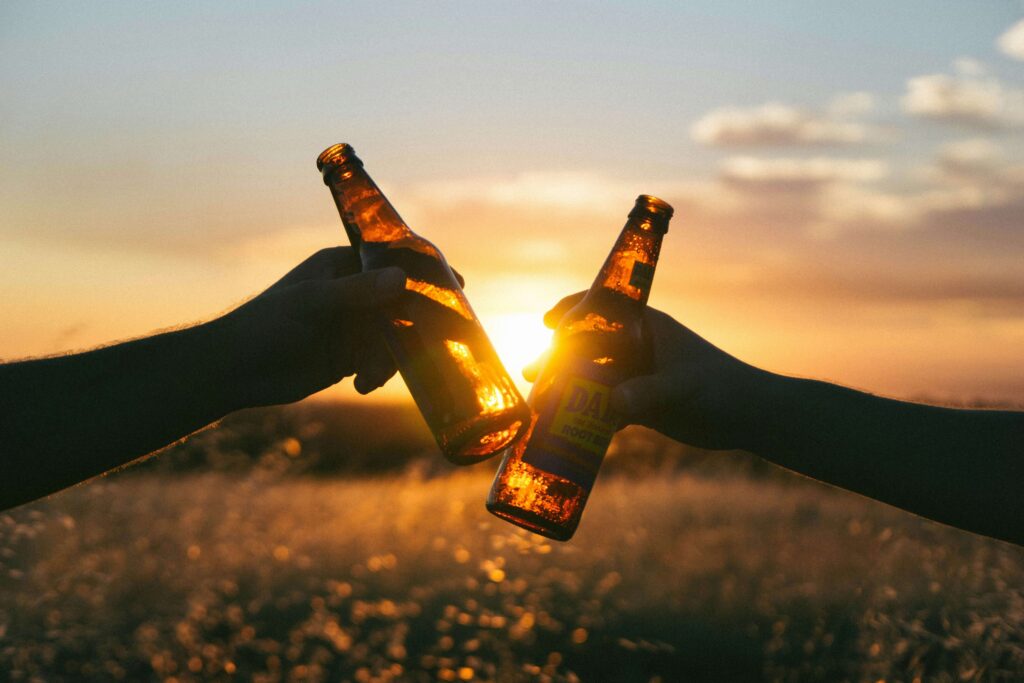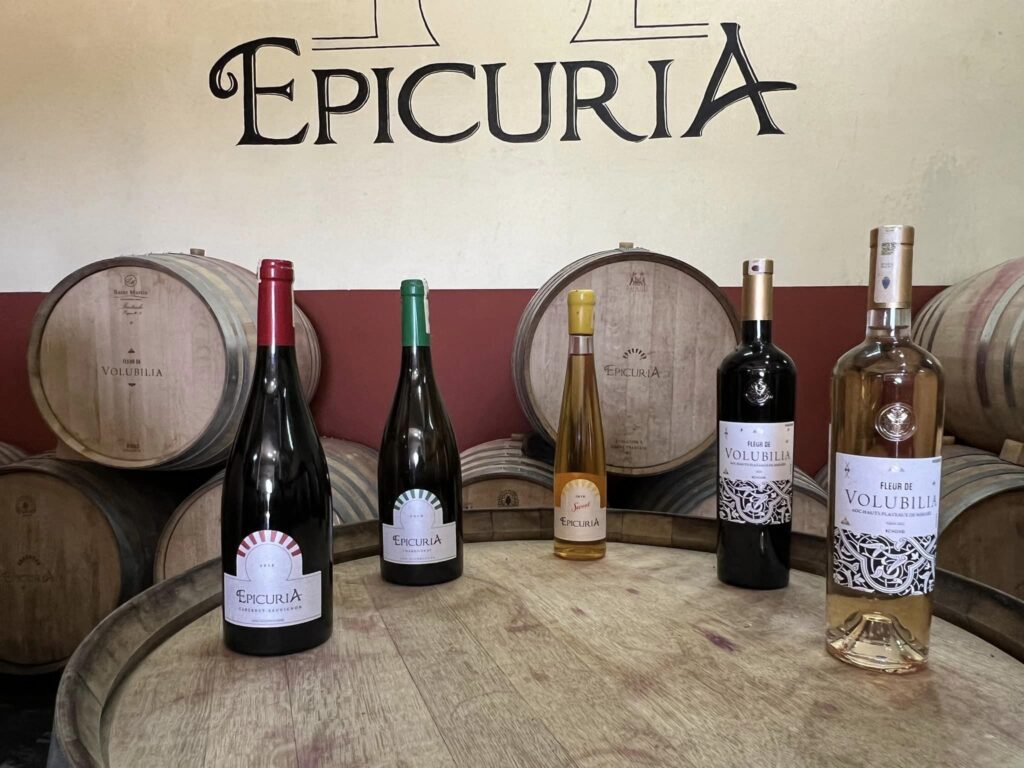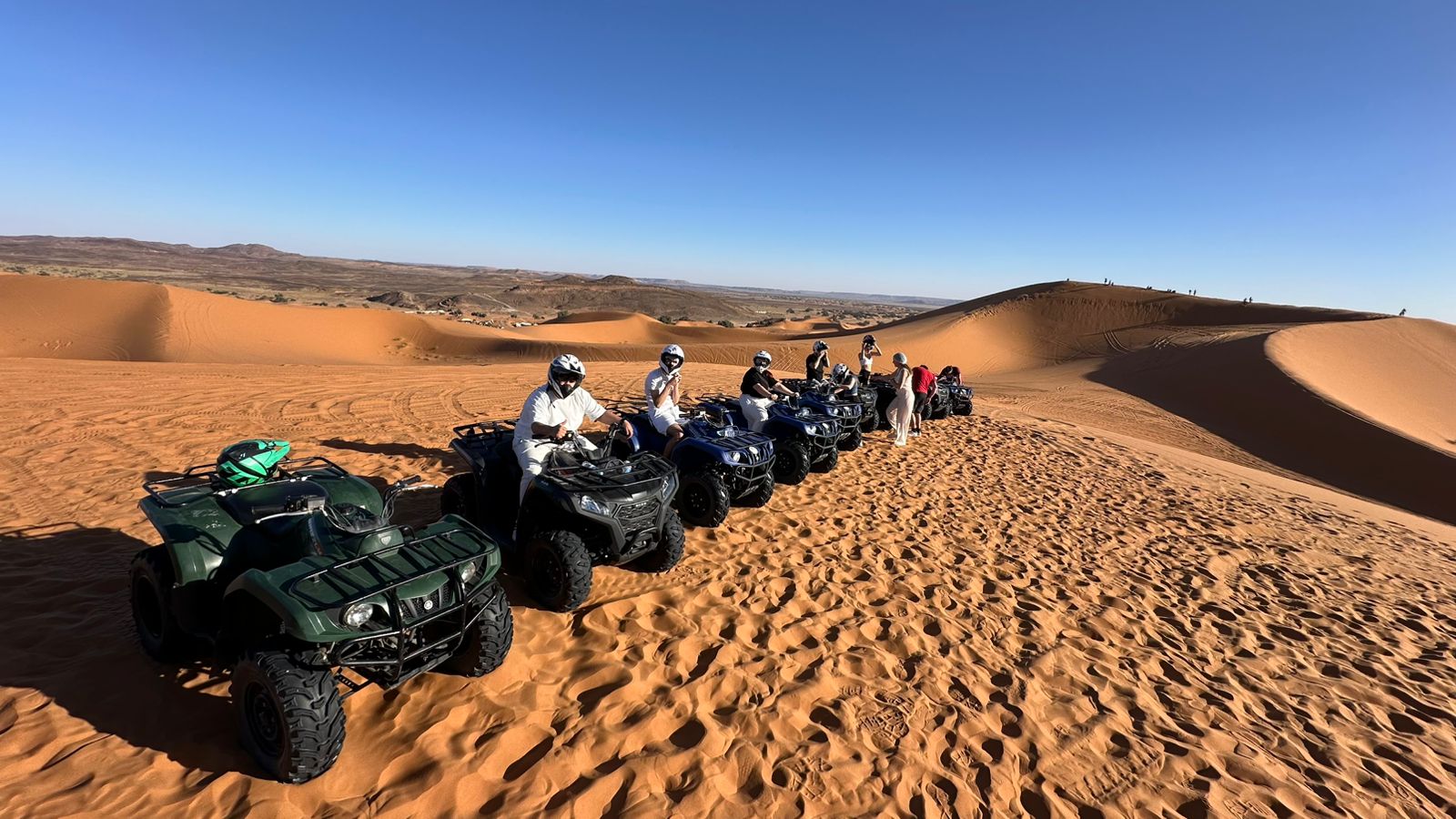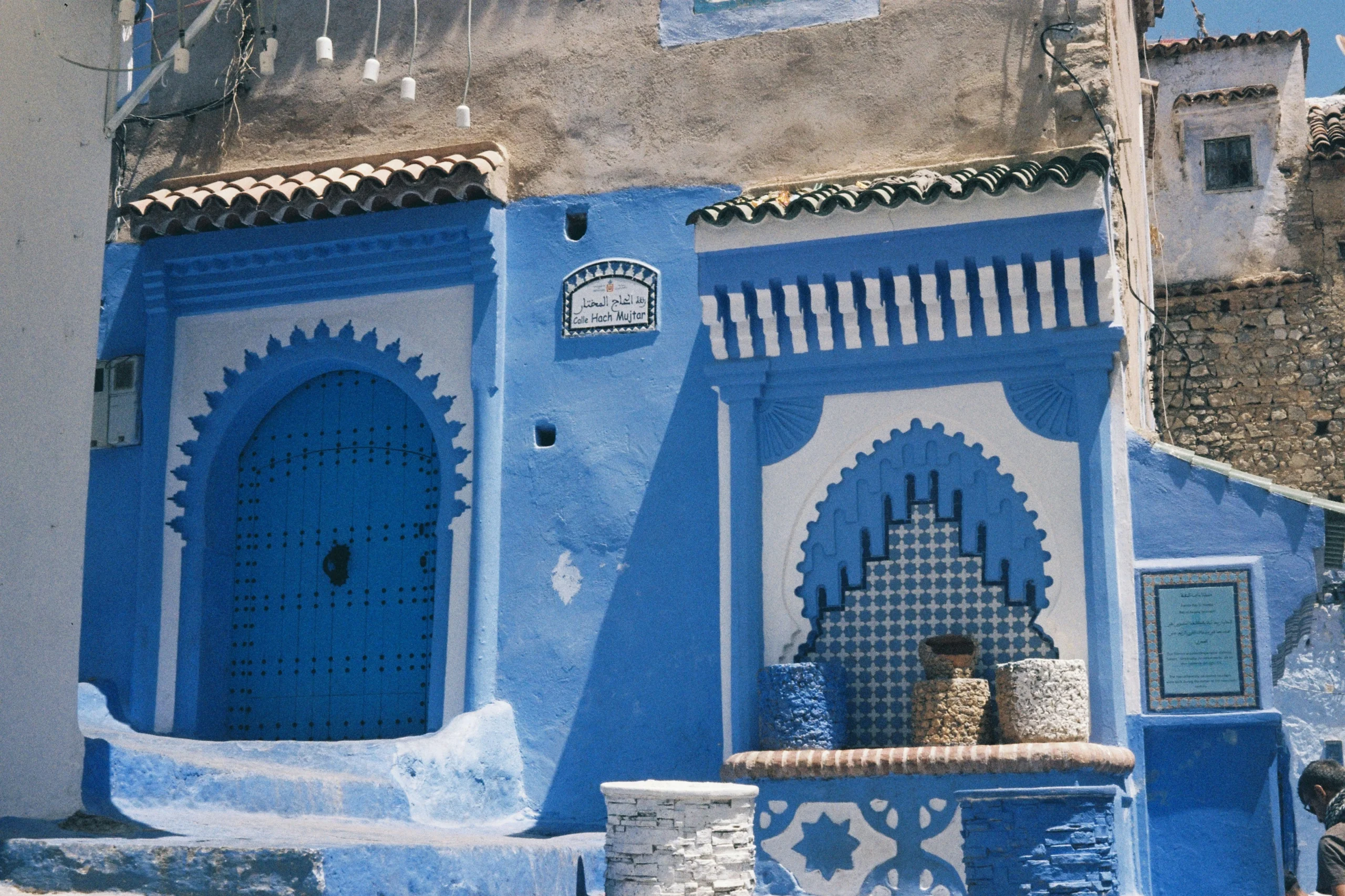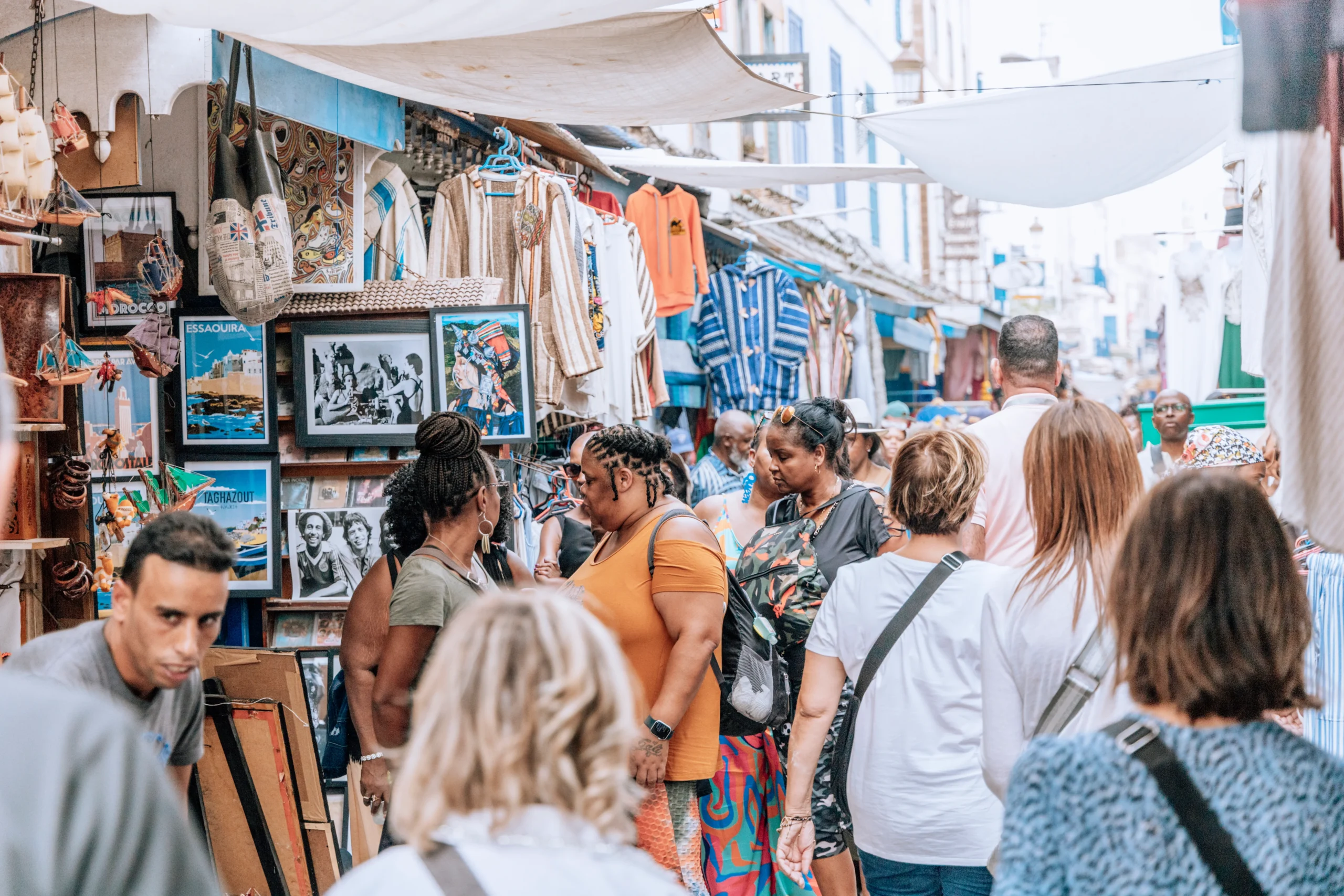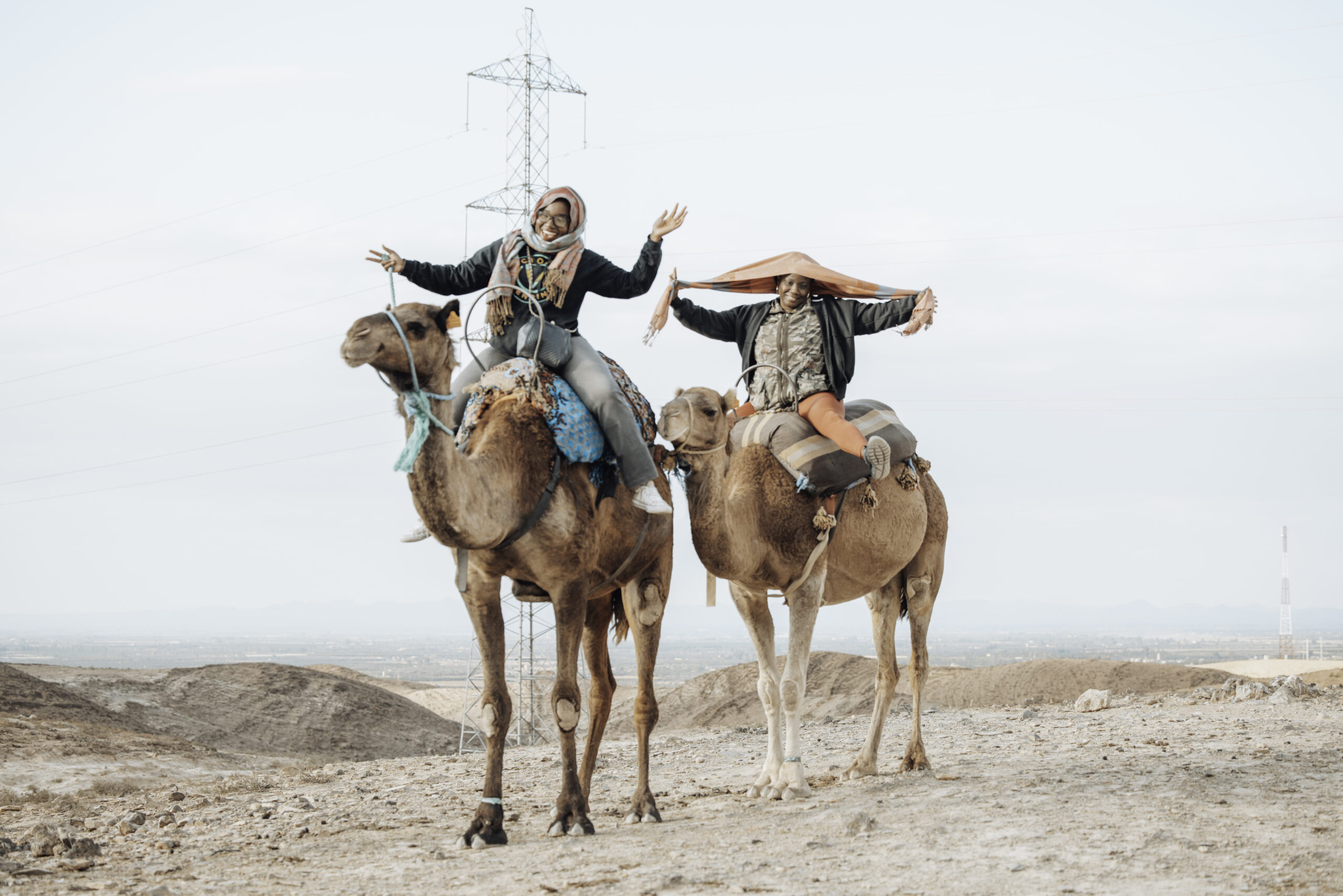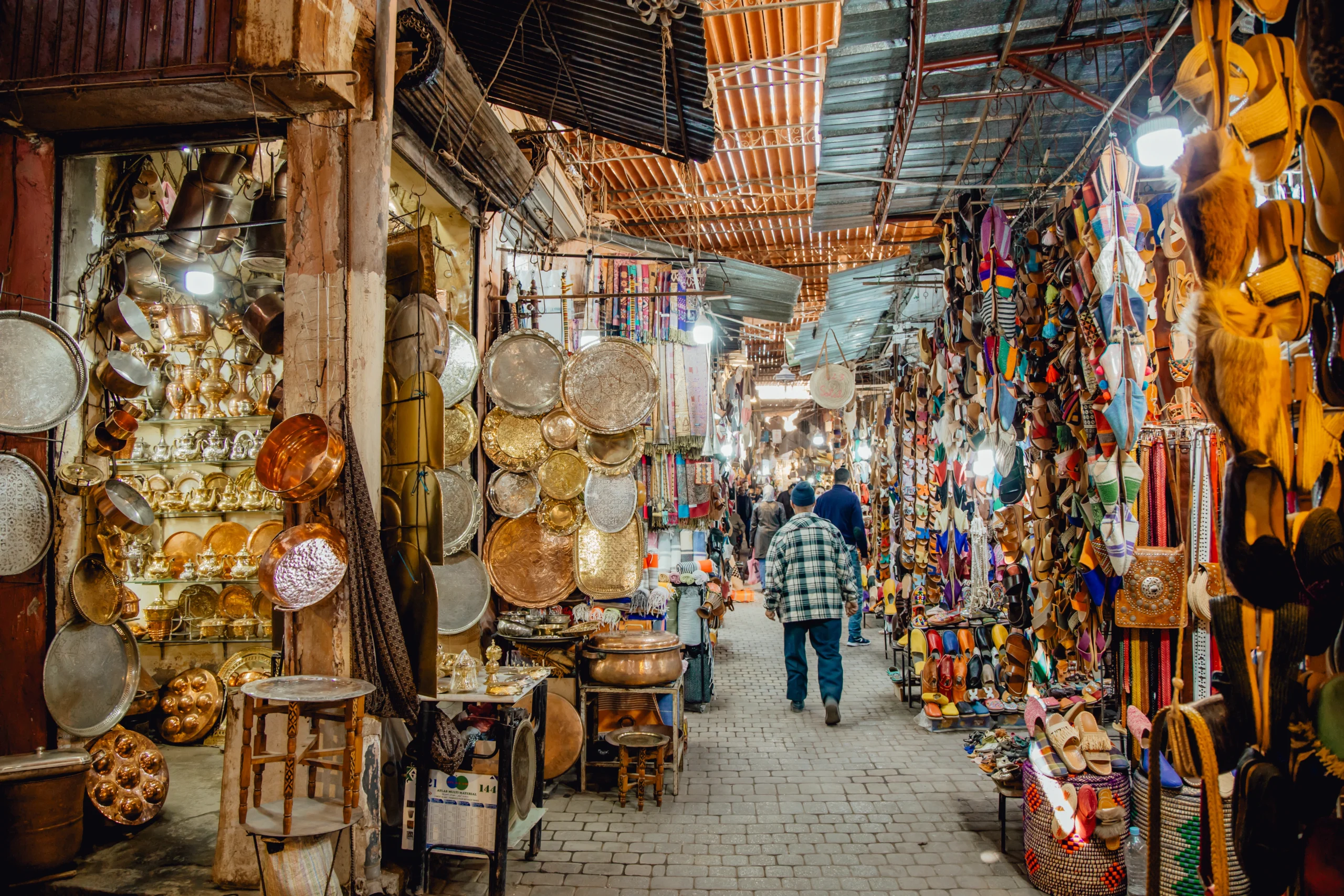Drinking Age in Morocco: Legal Alcohol Guidelines and Cultural Insights
Drinking Age in Morocco: Legal Guidelines and Insights
Morocco is a fascinating country with deep cultural and religious roots, which influence its laws and societal norms regarding alcohol. Despite being a predominantly Muslim nation where alcohol is discouraged, the sale and consumption of alcohol are legal under specific regulations. Licensed hotels, bars, and restaurants offer alcoholic beverages, including Moroccan beer and wines, primarily catering to tourists. The legal drinking age in Morocco is 18, though enforcement can vary depending on location and circumstances. Public consumption of alcohol is generally frowned upon, and discretion is essential to respect cultural sensitivities. Visitors should also be aware of stricter alcohol restrictions during Islamic periods like Ramadan. Consuming alcohol in designated establishments ensures both legal compliance and a respectful approach to Moroccan traditions, blending enjoyment with cultural awareness.
Is Alcohol Legal in Morocco?
Yes, alcohol is legal in Morocco, but its availability is carefully regulated to balance the nation’s Islamic values with the needs of its visitors. The legal drinking age in Morocco is 18, making it one of the few Muslim-majority countries to permit alcohol consumption. Alcohol is sold in licensed liquor stores, supermarkets (in separate sections), and restaurants. Licensed venues serve a range of options, including Moroccan wines and beers, often in settings designed to provide privacy. Travelers are allowed to bring alcohol into Morocco, but the limit is one liter per person. Customs checks can result in penalties if this limit is exceeded. Public intoxication and open drinking are discouraged and may result in legal or social consequences. For a safe and enjoyable experience, tourists should adhere to these rules and consume alcohol responsibly.
Where to Buy Alcohol in Morocco
Licensed Liquor Stores: Alcohol is available in dedicated sections of supermarkets or stand-alone liquor shops.
Bars and Restaurants: Licensed establishments in major cities like Marrakech and Casablanca offer a range of alcoholic beverages.
Supermarkets: Alcohol departments are typically discreetly separated from general shopping areas.
Bars and Restaurants Serving Alcohol
Morocco’s bars and restaurants cater to tourists by providing an array of alcoholic beverages, including local Moroccan beer and wines. These establishments maintain discretion by using covered windows or separate entrances to shield patrons from public view. Public consumption of alcohol outside these venues is not only culturally insensitive but may also attract legal action. Urban centers like Tangier and Casablanca are known for their lively bars, often featuring live music or entertainment. Some high-end restaurants also pair Moroccan cuisine with local wines for an enhanced dining experience. For tourists, drinking within licensed venues is the safest way to enjoy alcohol while respecting Moroccan laws and cultural norms. By doing so, visitors can savor their time in Morocco without facing unnecessary challenges.
Cultural Sensitivity and Alcohol
Alcohol consumption in Morocco is shaped by its Islamic culture, which generally forbids drinking. During holy periods such as Ramadan, stricter enforcement of alcohol regulations is common, and many establishments stop serving alcoholic beverages. Public intoxication is viewed negatively and can lead to legal issues or social alienation. Tourists are encouraged to enjoy alcohol in designated settings and avoid offering it to locals unless their stance on drinking is clear. Demonstrating cultural sensitivity by understanding these norms fosters positive interactions with locals and enhances the travel experience. Licensed venues are the best places to enjoy Moroccan wines and beers, balancing respect for traditions with a desire to explore local offerings.
Drug Laws in Morocco
Morocco enforces strict drug laws, with severe penalties for possession, use, or trafficking. Cannabis cultivation is prevalent in regions like the Rif Mountains, but the sale and use of hashish are illegal. Tourists should exercise caution, as even minor involvement with drugs can result in significant legal consequences. Police conduct regular roadblocks, especially in northern Morocco, to curb drug smuggling. Travelers may encounter individuals offering hashish in areas like Chefchaouen, but engaging in such transactions is risky and illegal. Respecting Morocco’s drug laws is crucial for a safe and trouble-free stay, allowing visitors to focus on the country’s rich cultural and natural beauty.
Cannabis and Hashish
Cannabis cultivation in Morocco is widespread but controversial. While it plays a significant role in local agriculture, its use remains illegal. Tourists visiting regions known for hashish production should be wary of offers to buy or use it, as penalties are harsh. Authorities actively monitor these areas, making it essential for visitors to steer clear of any drug-related activities. Staying informed about Moroccan laws and avoiding risky behaviors ensures a safe and enjoyable trip.
Dressing Appropriately in Morocco
Modesty in Clothing
Dressing modestly is a simple yet effective way to respect Moroccan culture and avoid unwanted attention. While there are no legal mandates on attire, conservative clothing is highly recommended, especially for women. Covering shoulders and knees is a common guideline, particularly in rural or traditional areas. Men should also avoid overly casual outfits in formal or religious settings. Lightweight, loose-fitting clothing is ideal for Morocco’s climate and aligns with cultural expectations. By dressing appropriately, tourists demonstrate respect for Moroccan traditions, fostering positive interactions and enriching their travel experience.
Religious Restrictions
Morocco allows the practice of different religions but prohibits proselytizing or distributing religious materials aimed at conversion. Travelers should avoid bringing large quantities of religious texts into the country, as this could be viewed as an attempt to undermine Islamic beliefs. Carrying personal religious items is acceptable, but public displays of conversion efforts are not. Respecting these guidelines is essential for maintaining harmony and ensuring a respectful visit. Morocco’s emphasis on religious tolerance is a hallmark of its culture, and adhering to these norms allows visitors to appreciate the country’s spiritual diversity.

